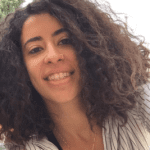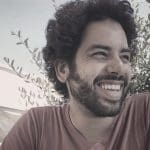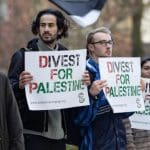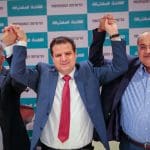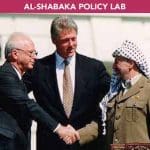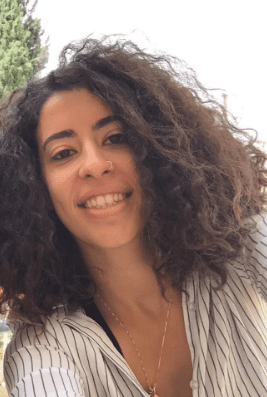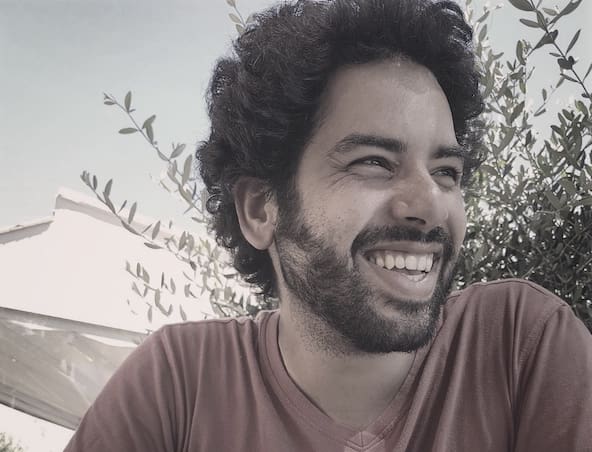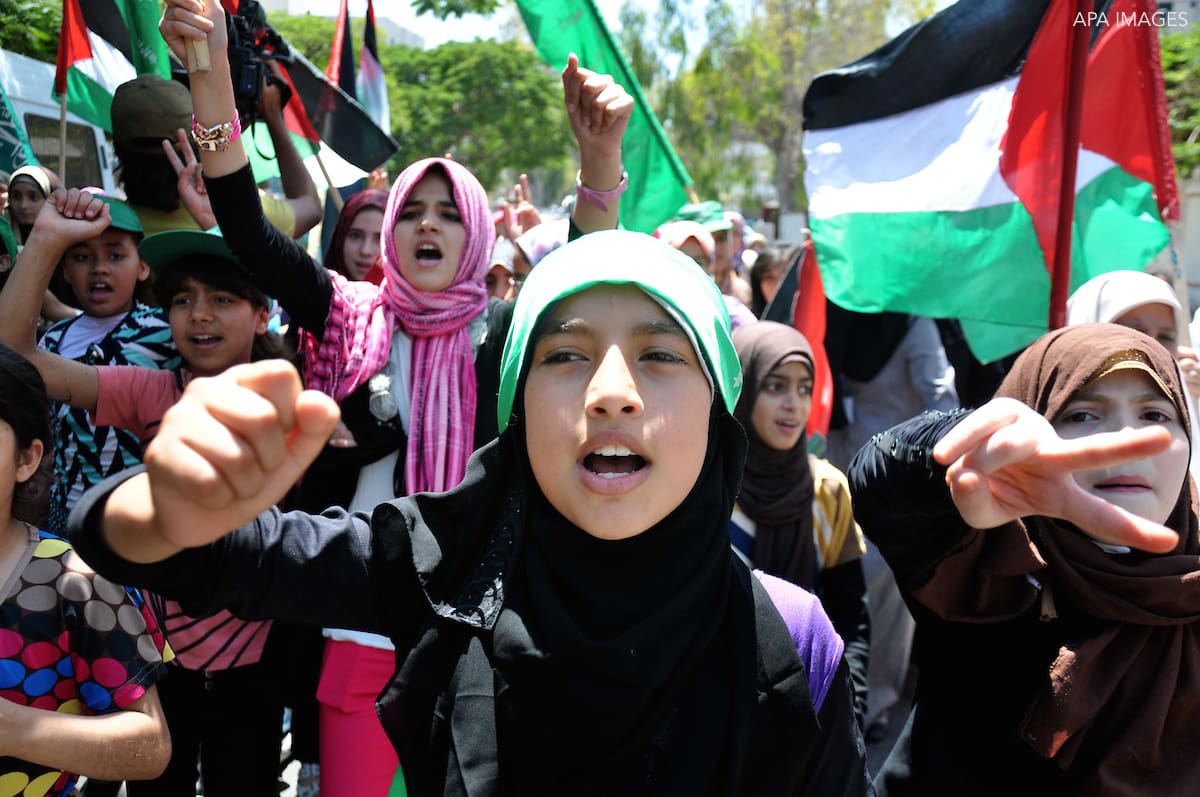
Why is a collective narrative important to the Palestinian liberation struggle? What challenges do the Palestinian people face in promoting their narrative, and who has legitimacy to promulgate it?
Al-Shabaka analysts Tamara Ben-Halim and Hazem Jamjoum weigh in on these questions and more in this month’s Palestine Policy Lab, facilitated by Amjad Iraqi.
Al-Shabaka Policy Member Tamara Ben-Halim holds an MSc in Human Rights from the London School of Economics and an MA in Modern European Languages from the University of Edinburgh. Tamara has worked in non-profit and civil society for over 6 years, focusing on creative solutions to problems of social injustice, community mobilisation, and communication and outreach. She co-founded and led the international effort, Cycling4Gaza, for many years. She has produced several short films, including her documentary film Ain El Hilweh, which was nominated for an award at the California Arab Film Festival in 2011.
Al-Shabaka Policy Member Hazem Jamjoum is a graduate student in Modern Middle East History at New York University. His writing has focused on political-economy approaches to Israeli colonialism and Palestinian elite formation, and critiques of partition-based conflict management “solutions,” among other areas.









